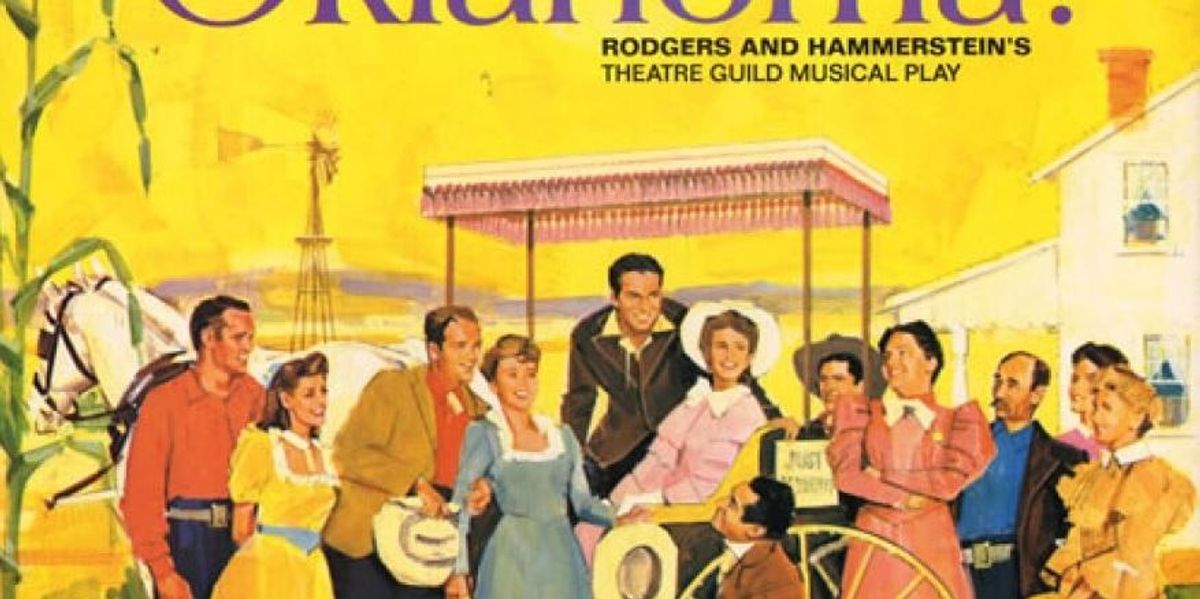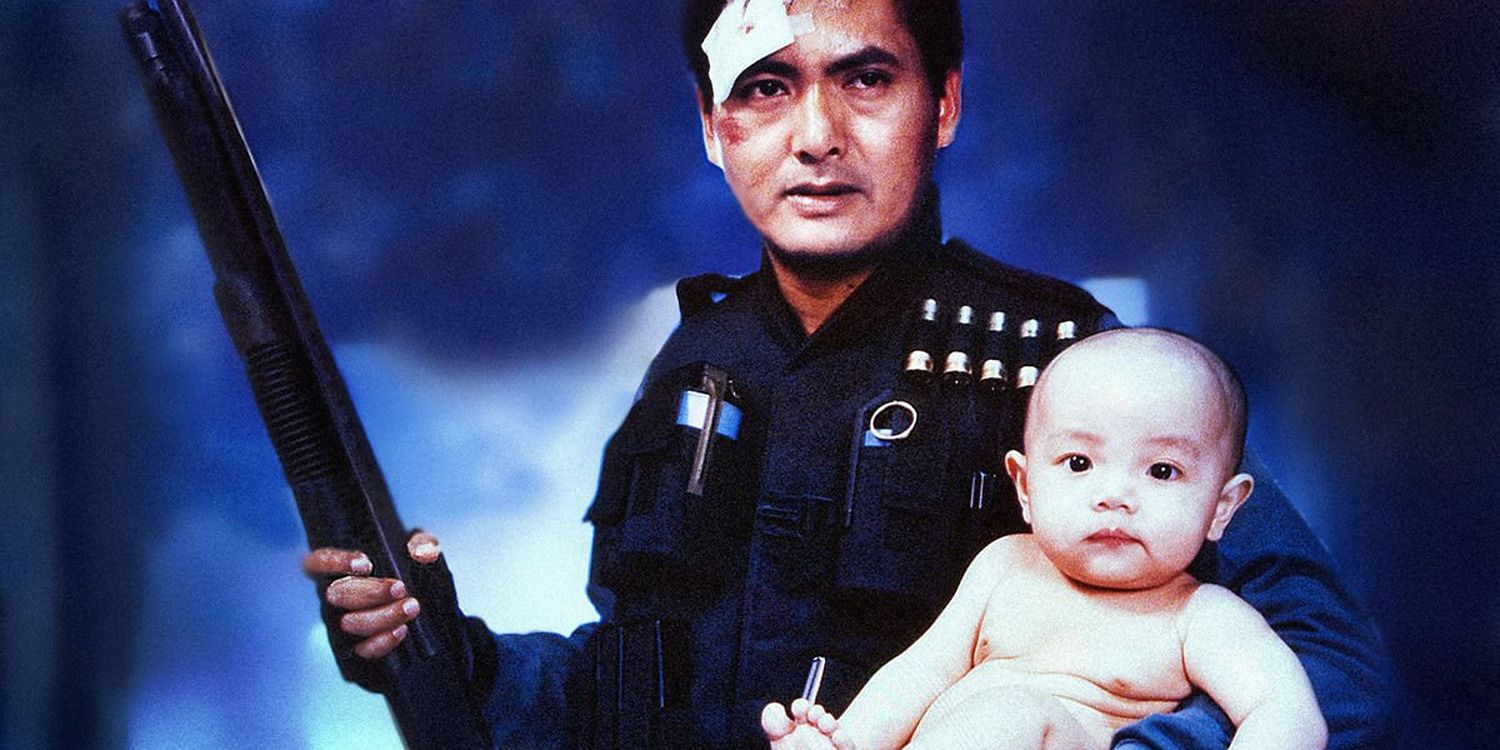But curiously, rather than try a more direct adaptation, creator Harriet Warner spins the central characters of the book into a dull, plodding prequel that simultaneously apes the camp appeal of the 1988 film while also stretching it into a dour tale of destiny and conspiracy.
Where Close played the scheming Marquise de Merteuil in Frears’ 1988 take, here we have Alice Englert as the young Camille. Rather than a lifelong member of nobility, Warner’s version of the character positions her as an impoverished sex worker who lucks into the class-hopping con of a lifetime. You see, her lover, the rakish Valmont (Nicholas Denton, pouty and peevish), has been sleeping with wealthy married women all over Paris, keeping trinkets and letters to keep them quiet and his position secure. One of these marks is the current Marquise de Merteuil (an incredible, wily Lesley Manville), who sees something in the young woman after Camille confronts her. Maybe it’s her moxie, maybe it’s the potential to carry on her own legacy. But before Camille knows it, the current madame has taken her in as her unlikely ward, and the girl is lifted from poverty into the upper echelons of French culture.

From here, “Liaisons” takes on a roughly episodic nature, as Camille navigates this new world she’s been thrust into, with the hoi polloi of Parisian high society circling around her like vultures, wondering just how this young girl got here so suddenly. Lucky for her, she’s just as resourceful in youth as she will be in middle age, and the show occasionally delights in demonstrating those wiles as she fends off one threat after another to her standing.
Sometimes, but not always, this involves crossing paths with Valmont—the two circling around each other, serving as mortal enemies and reluctant allies depending on the adventure that faces them that episode. The show’s most effective moments come from this coupling, due in no small part to Englert and Denton’s sizzling chemistry. Whether sniping at each other or ripping their clothes off, it’s a welcome sight.
The show around them, unfortunately, vacillates between convoluted and dull as dishwater. While the first episode is buoyed by Manville’s icy, jaded presence, offering a glimmer of the jaundiced schemers for which the original story is known, there’s a notable lack of momentum in the rest of the season. Characters surrounding our leads feel like vague wisps of insinuation rather than human beings, a sea of (largely white) gossips and haughty Frenchmen whose various connections it’d take a diagram to keep straight. It’s occasionally fun to see Camille best these society figures until you realize you don’t quite remember who it is she’s beaten or why.
























































![Social Media Spring Cleaning [Infographic] Social Media Spring Cleaning [Infographic]](https://imgproxy.divecdn.com/9e7sW3TubFHM00yvXe5zvvbhAVriJiGqS8xmVFLPC6s/g:ce/rs:fit:770:435/Z3M6Ly9kaXZlc2l0ZS1zdG9yYWdlL2RpdmVpbWFnZS9zb2NpYWxfc3ByaW5nX2NsZWFuaW5nMi5wbmc=.webp)
![5 Ways to Improve Your LinkedIn Marketing Efforts in 2025 [Infographic] 5 Ways to Improve Your LinkedIn Marketing Efforts in 2025 [Infographic]](https://imgproxy.divecdn.com/Hv-m77iIkXSAtB3IEwA3XAuouMwkZApIeDGDnLy5Yhs/g:ce/rs:fit:770:435/Z3M6Ly9kaXZlc2l0ZS1zdG9yYWdlL2RpdmVpbWFnZS9saW5rZWRpbl9zdHJhdGVneV9pbmZvMi5wbmc=.webp)
















